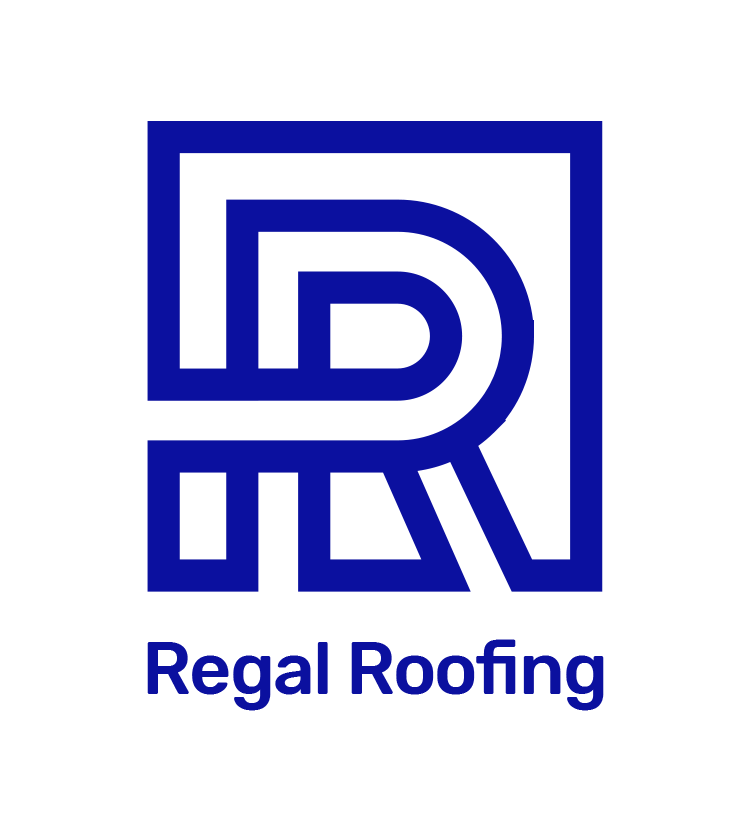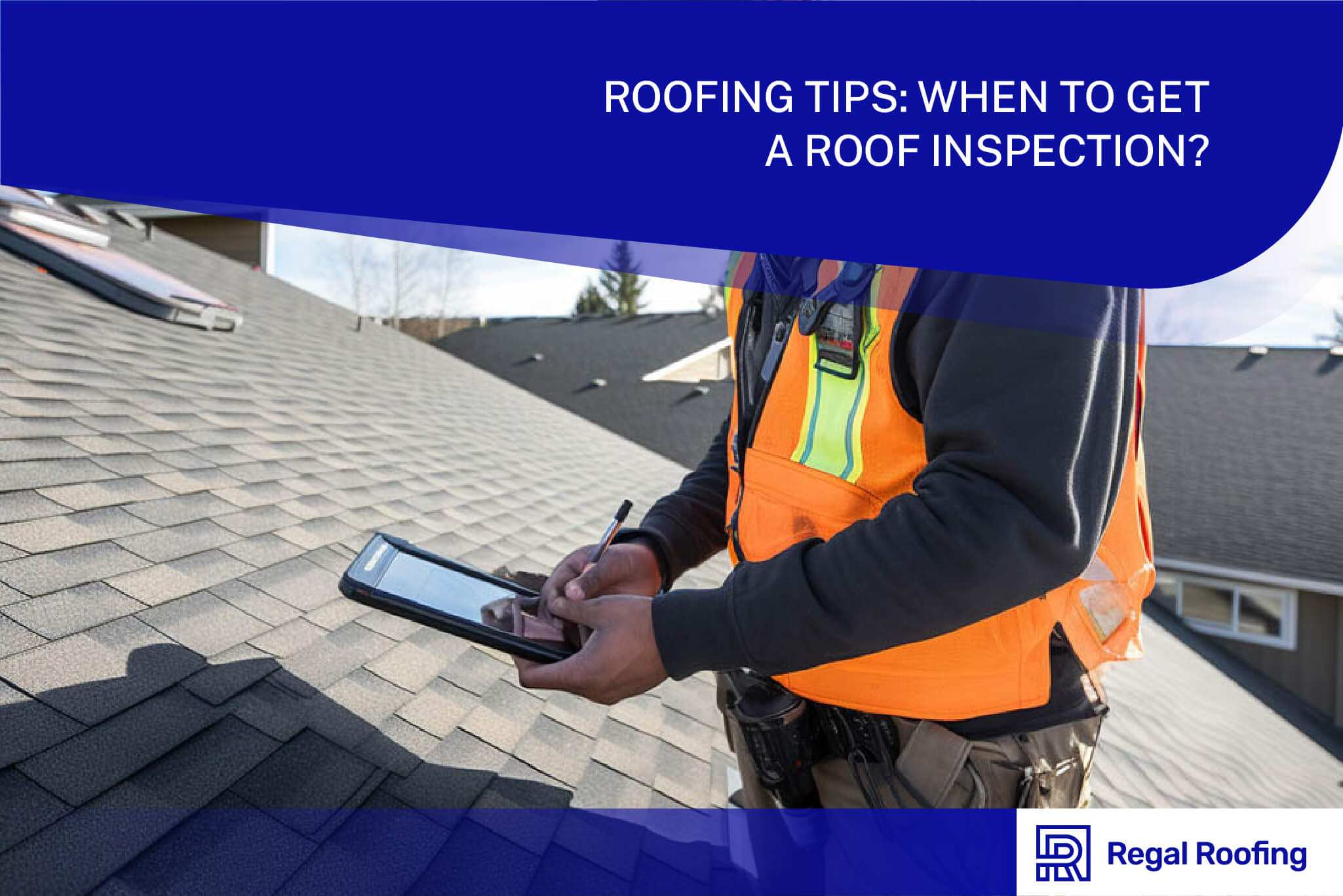Roof inspections are a critical aspect of maintaining a safe and durable home. They play a crucial role in identifying potential issues before they escalate into costly repairs. For homeowners, knowing when to schedule a roof inspection can be the difference between preventative maintenance and expensive, reactive repairs. This comprehensive guide will explore the importance, timing, and expectations surrounding roof inspections, ensuring you are well-equipped to care for one of your home’s most vital components.
Why Are Roof Inspections Important?
Regular roof inspections are fundamental to the health of your home. They offer numerous benefits, including early detection of potential problems, prevention of extensive damage, and extension of your roof’s lifespan. Here’s why they’re indispensable:
- Early Problem Detection: A routine roof inspection can identify minor issues before they become major ones. This proactive approach saves you money and hassle in the long term.
- Safety Assurance: A damaged roof can compromise the safety of your home. Inspections ensure that your roof is structurally sound and safe for you and your family.
- Maintain Home Value: A well-maintained roof is critical in preserving and even increasing your home’s value, especially important if you plan to sell your property.
When it comes to your home, regular roof inspections and maintenance should never be overlooked. Whether you need a comprehensive inspection, a new installation, or a replacement, Regal Roofing is here to assist. Our expertise in residential roofing installation and roofing replacement ensures that your roof remains in prime condition, safeguarding your home for years to come.
When Should You Schedule a Roof Inspection?
Understanding the right time to get a roof inspection is key. Here are some scenarios where a roof inspection becomes necessary:
1. Never Had a Roofing Inspection:
If your home has never undergone a roofing inspection, it’s time to schedule one. This initial assessment will give you a baseline of your roof’s condition.
2. Annual Roof Maintenance:
Ideally, have your roof inspected once or twice a year for routine maintenance. This regular check-up can reveal minor issues before they escalate.
3. Before and After Severe Weather:
If your area is prone to high winds or storms, getting your roof inspected before and after such events is crucial. It helps to identify and address any vulnerabilities or damages caused by harsh weather.
4. Following Roof Installation or Replacement:
After installing or replacing a roof, an inspection ensures everything is correctly in place. This step is crucial for validating the quality of the work done and maintaining your roof’s warranty. Learn more about the importance of professional installation and replacement services through our guides on how to replace a roof and ensuring proper care for your roof after a hurricane.
5. Visible Roof Damage:
If you notice any visible damage to your roof, such as missing shingles or leaks, a roof inspection is immediately warranted.
6. Real Estate Transactions:
Whether buying or selling a home, a roof inspection is a critical part of the process. It can significantly impact the property’s value and is a key consideration for potential buyers and sellers.
What Do Roof Inspectors Look For?
During an inspection, roof inspectors conduct a thorough examination of your roofing system. They look for signs of aging, wear and tear, structural integrity, and potential leak points. Key areas of focus include shingles, flashing, gutters, and the overall condition of the roof. The inspector also checks for proper ventilation, as poor ventilation can lead to heat and moisture buildup, significantly reducing the life of your roof.
What To Expect from a Roof Inspection?
When you schedule a roof inspection, expect a comprehensive evaluation of both the exterior and interior elements of your roof. Inspectors typically look for:
- Cracked, missing, or damaged shingles or tiles.
- Signs of water damage or leaks, both externally and internally.
- The condition of the roof flashing around vents, chimneys, and skylights.
- The state of gutters and downspouts.
- Any signs of mold, rot, or animal infestation.
Following the inspection, you should receive a detailed report outlining the inspector’s findings, including any recommended repairs or maintenance for roof. This report is crucial for planning any necessary work and understanding the overall health of your roof.
How Often Should You Have Your Roof Inspected?
The frequency of roof inspections can vary depending on several factors, such as the age of your roof, local weather conditions, and any previous damage or repairs. Generally, it’s advisable to have your roof inspected at least once a year. However, in regions with severe weather conditions or for older roofs, more frequent inspections may be necessary.
For those in Florida, where the weather can be particularly harsh on roofing structures, staying on top of roof inspections is even more critical. Florida residents should consider more frequent inspections to account for potential damage from hurricanes and tropical storms. To get started, you can easily schedule a free roof inspection with Regal Roofing, ensuring your roof is in top condition regardless of the season.
How Much Does a Roof Inspection Cost in Florida?
The cost of a roof inspection in Florida can vary based on several factors, such as the size of your roof, its type, and the complexity of the inspection. However, considering the potential cost of repairing or replacing a damaged roof, regular inspections are a wise investment. They not only save money in the long term but also provide peace of mind knowing that your roof is in good condition.
Roofing Tips: Get A Free Roof Inspection
Regular roof inspections are an essential aspect of home maintenance. They help in early detection of issues, maintaining the safety and integrity of your home, and preserving its value. As a certified roofer, Regal Roofing is committed to providing top-notch services to help you maintain and enhance your roof. Whether you’re considering a new installation, a replacement, or need to establish a routine maintenance plan, we have the expertise and experience to guide you. Remember, the best defense against roof problems is a good offense, and that starts with regular inspections and maintenance. Don’t wait for issues to become apparent; be proactive in protecting your home.


